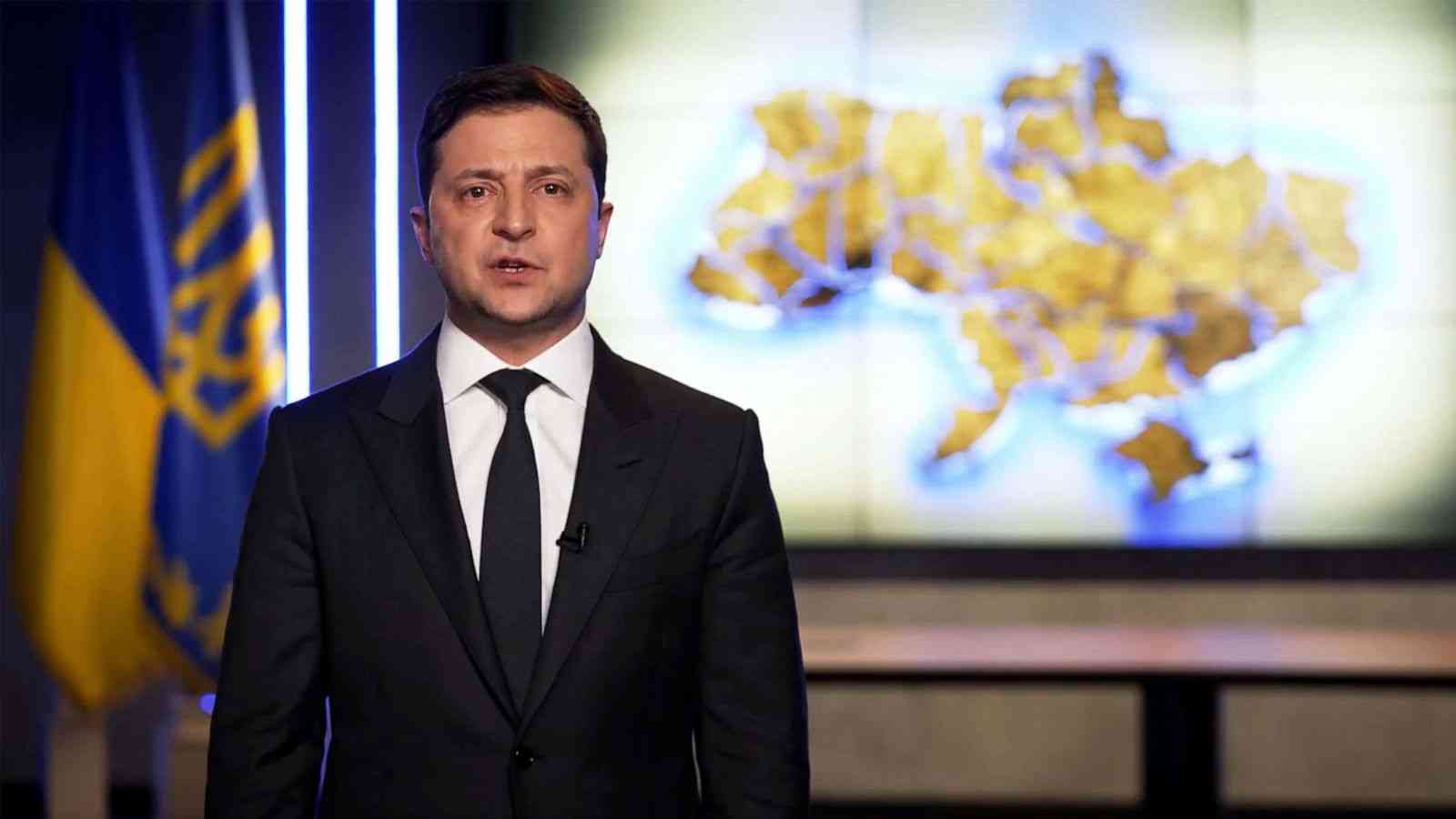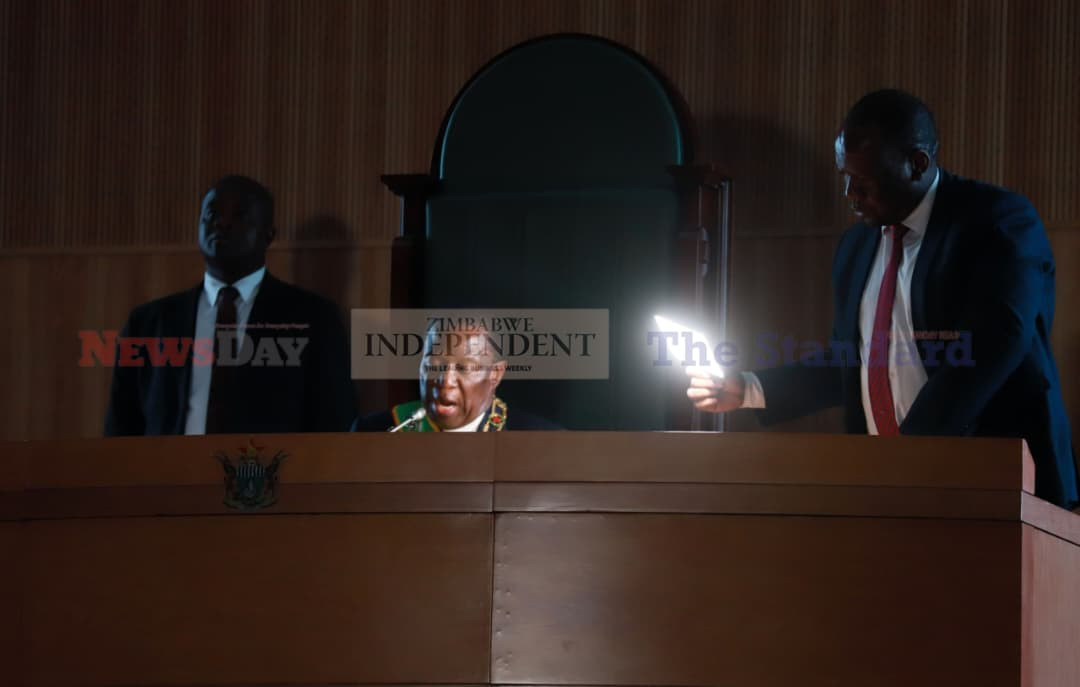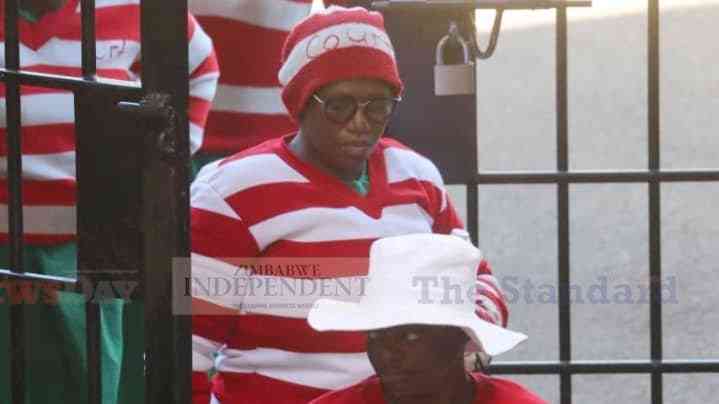
“God is usually on the side of the big battalions”, Voltaire allegedly said. Not always, but “usually”. So how much do you want to bet?
Coming up to the second anniversary of the Russian invasion of Ukraine (February 24), things aren’t looking bright for the Ukrainians, and particularly for President Volodymyr Zelensky.
The war has not been going well: Ukraine’s vaunted summer offensive sputtered out with almost no gains. Russia’s winter offensive is showing equally unimpressive results so far, but the Russians always have that four-to-one numerical superiority on their side. (After all the refugees fled, there are probably no more than 35 million people left in Ukraine.)
More important than that is the fact that the Russians have accessed new sources of weapons and ammunition (mostly from Iran and North Korea) that give them fire superiority on the battlefield, while the flow of American money and arms to Ukraine has been blocked in Congress.
It has become a war of attrition in which the Russians can fire 10 000 artillery shells a day and the Ukrainians can fire back only 1 500-2 500. True, modern Western artillery is more accurate, but it has become a war of drones. Both sides have them and every target is equally vulnerable.
So the mood in Kyiv is somewhere between gloomy and grim and Zelensky is showing signs of panic. After a week of public dithering, he has fired General Valerii Zaluzhny, who has commanded Ukraine’s armed forces since the start of the war.
Zaluzhny had the misfortune to be in charge when the balance in battle shifted decisively in favour of the defensive. The last time that happened was at the start of the First World War in 1914, when defensive weapons became so effective (machine-guns, rapid-firing artillery, barbed wire, etc) that the soldiers had to take shelter in trenches.
It took four years for new generals to figure out ways to break through the trench lines and restore movement to the battlefield. It will probably take at least as long this time, and meanwhile everybody is stuck in the trenches again — which is bad luck for Ukraine.
- Ukraine war: Zelensky calls for 'just punishment' for Russia
- Why Africa must care about Ukraine’s struggle for freedom
- Challenges of a new world order
- Top Ukrainian officials quit in anti-corruption drive
Keep Reading
Zaluzhny has figured out why Ukraine’s summer offensive failed, and was indiscreet enough to say it out loud: “First, I thought there was something wrong with our commanders, so I changed some of them. Then I thought maybe our soldiers are not fit for purpose.”
But nothing could put the front into motion.
“The simple fact is that we see everything the enemy is doing and they see everything we are doing. In order to break this deadlock, we need something (as new as) gunpowder,” he concluded.
Welcome to 1916.
The first truly new instrument of destruction since the invention of gunpowder is nuclear weapons, and that took 800 years. This deadlock will not last so long — it’s only drones, precision-guided weapons, and electronic warfare, all just incremental improvements in existing technologies — but Ukraine probably cannot wait another two years.
That is clearly why Zelensky has fired Zaluzhny, a quite serviceable general who made no huge mistakes: the Ukrainian president has reached the point where he is hoping for a miracle. Replacing him with Oleksandr Syrsky, another serviceable but hardly stellar general, is unlikely to deliver that miracle.
This point always arrives in any war that does not achieve instant victory for one side or the other. Frustration and exhaustion begin to play bigger roles and people inevitably start calculating whether it is better to cut their losses (or keep their winnings so far) by opting for a compromise peace or at least a long-term ceasefire.
However, hanging on through a long and bloody war of attrition and “hoping for something to turn up” is not a terrible strategy. Politics and, especially war, is so capricious and unpredictable that something often does turn up.
For example, if Empress Elizabeth of Russia had not died from a stroke in 1761, Frederick the Great of Prussia would have been totally defeated and there might never have been a united Germany. World history would have been very different.
The major imponderables for Ukraine today are the electoral prospects of Donald Trump (who has effectively blocked all United States aid to Ukraine even before the election) and the longevity of Russia’s President Vladimir Putin (many enemies, uncertain health, but cunning and only 71).
Zelensky’s job now is to calculate how much more territory Ukraine would lose in a ceasefire in 2025 than it would lose by making some kind of peace right now. If the answer is not all that much more (because the battlefield has been immobilised for both sides), then his best policy, for now, is probably to hang on and hope something turns up.
Dyer is a London-based independent journalist. His new book is titled The Shortest History of War.











